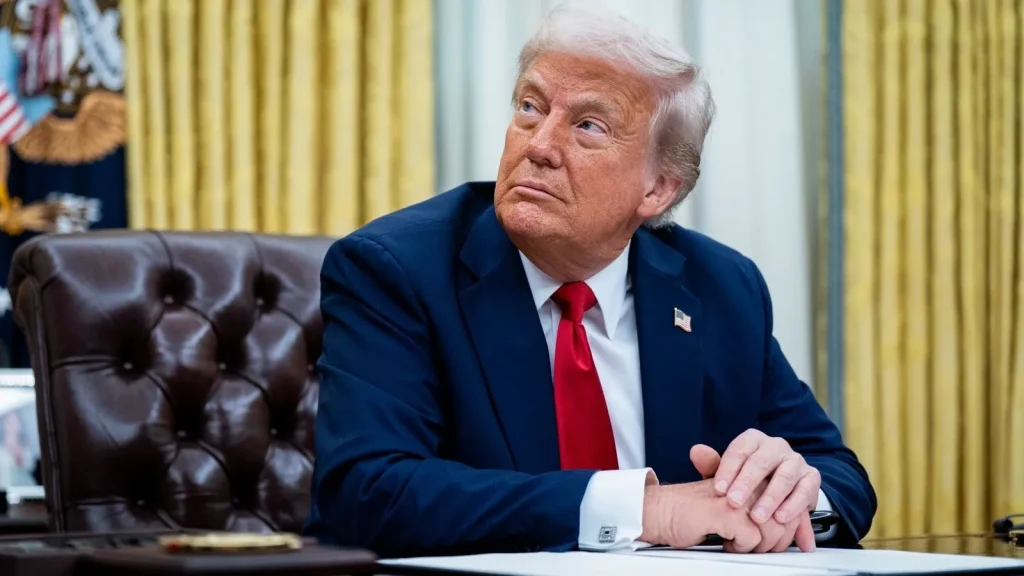Donald Trump has announced plans to impose “reciprocal” tariffs on U.S. trading partners, according to a report from The Associated Press. These tariffs will match the duty rates other countries have applied to U.S. products. White House Press Secretary Karoline Leavitt stated that Trump would reveal more details on this plan by Wednesday. The tariff proposal is part of Trump’s ongoing strategy to use tariffs to protect American industries, raise government revenue, and leverage trade negotiations with other nations.

Trump has justified tariffs as a way to shield American businesses from unfair foreign competition and to generate funds for the federal government. However, some economists have warned that broad tariffs might have unintended consequences, such as higher consumer prices and potential losses for global businesses due to increased costs and reduced sales.
The proposed reciprocal tariffs could cover all imports from other countries, including potential taxes on goods, value-added taxes, and subsidies given to domestic companies in those countries. Senior trade advisor Peter Navarro mentioned that these tariffs could raise as much as $600 billion, with an average rate of 20%. Trump has previously mentioned targeting countries like the European Union, India, South Korea, and Brazil with these tariffs.
Trade talks between India and the U.S. have continued, with hopes to finalize parts of a bilateral trade agreement by the end of this year, though there are no indications of any tariff exemptions at this point. Meanwhile, the delay in implementing import taxes on Canada and Mexico, originally set to begin in April, is expected to expire soon.
In addition to reciprocal tariffs, Trump has already announced a 25% tariff on imports from countries buying oil or gas from Venezuela, as well as new auto import taxes set to start this week. He is also set to expand tariffs on steel and aluminum products and impose a 10% tariff on various Chinese imports, including coal, natural gas, and crude oil.
These tariffs are already straining trade relations globally, with retaliatory measures from affected countries. The European Union has prepared countermeasures targeting U.S. goods such as beef, poultry, bourbon, and motorcycles. The situation remains fluid, and more tariffs could be announced as the global trade landscape continues to evolve.
